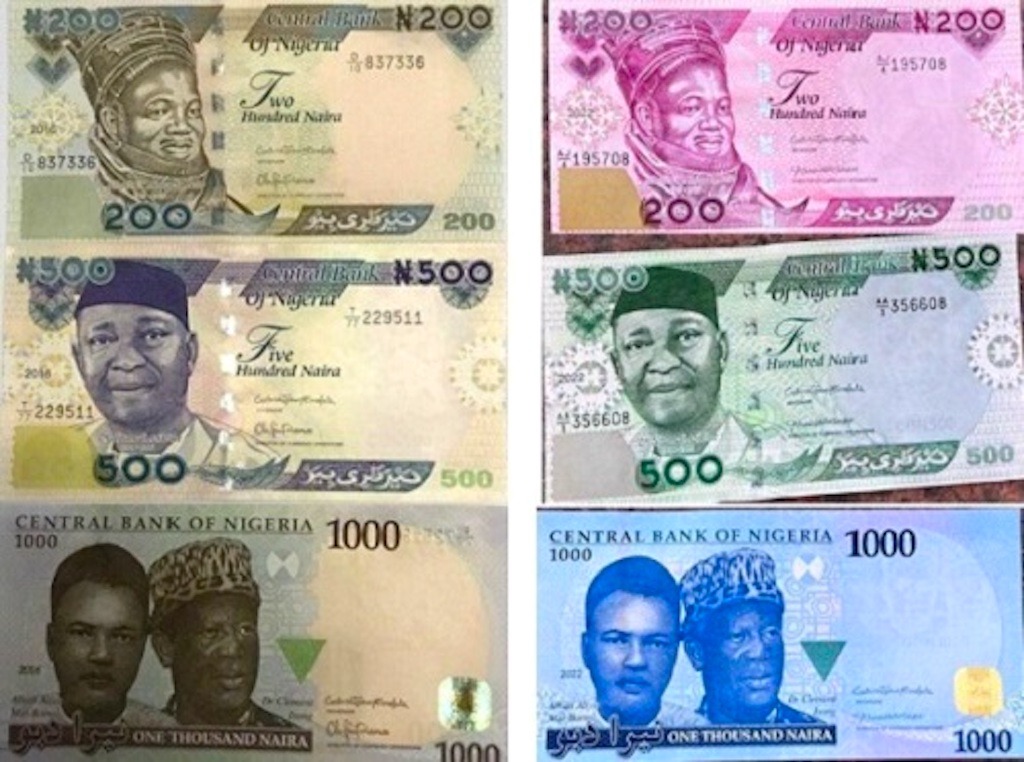Nigeria’s import figures witnessed a notable surge in 2023 due to naira depreciation, climbing from N25.5 trillion in 2022 to N35.9 trillion.
Data from the National Bureau of Statistics revealed a steady increase throughout the year, with the fourth quarter hitting N14 trillion.
Join our WhatsApp ChannelThis rise was predominantly driven by a substantial influx of manufactured imports valued at N18.3 trillion, followed by agricultural imports at N2.2 trillion and raw materials at N3 trillion.
Concurrently, Nigeria experienced a significant uptick in exports, reaching N35.9 trillion in total. However, the bulk of these exports were attributed to crude oil, accounting for N29 trillion, with other oil products contributing N3.5 trillion.
Agricultural exports stood at N1.2 trillion, while manufactured goods exported outside Nigeria totaled N778 billion.
Impact of Naira Depreciation on Trade Dynamics
Muda Yusuf, CEO of the Centre for the Promotion of Private Enterprise, highlighted naira depreciation as a crucial factor driving the surge in exports.
READ ALSO: CBN Raises Customs Duty Rates By 59.1% In 2 Months Amid Naira Depreciation
Speaking to Prime Business Africa, he emphasized, “If you are importing something that was $1 million when the exchange rate was N450, and now you are importing products worth $1 million and the exchange rate is N1,500, that is three times already if you multiply it in naira.”
President Bola Tinubu’s efforts to bolster non-oil exports align with the export surge, indicating a step towards economic diversification.
However, challenges persist. Segun Ajayi-Kadir, Director-General of the Manufacturers Association of Nigeria, highlighted several obstacles including the high cost of raw materials, insecurity, and forex instability.
Export Sector Performance, Decline Over Naira Depreciation
Despite the export surge, Nigeria witnessed a marginal decline in non-oil export revenue, dropping to $4.5 billion in 2023 from $4.8 billion in 2022. Nonye Ayeni, Executive Director of the Nigerian Export Promotion Council, attributed this decline to various factors including the weak exchange rate, surge in informal trade, and export rejection.
Nigeria’s trade dynamics in 2023 showcased a notable surge in both imports and exports, influenced significantly by the naira depreciation.
While efforts to boost non-oil exports align with the government’s agenda for economic diversification, challenges such as forex instability and export decline underscore the need for comprehensive strategies to strengthen Nigeria’s trade landscape.
Emmanuel Ochayi is a journalist. He is a graduate of the University of Lagos, School of first choice and the nations pride. Emmanuel is keen on exploring writing angles in different areas, including Business, climate change, politics, Education, and others.
- Emmanuel Ochayihttps://www.primebusiness.africa/author/ochayi/
- Emmanuel Ochayihttps://www.primebusiness.africa/author/ochayi/
- Emmanuel Ochayihttps://www.primebusiness.africa/author/ochayi/
- Emmanuel Ochayihttps://www.primebusiness.africa/author/ochayi/


















Follow Us